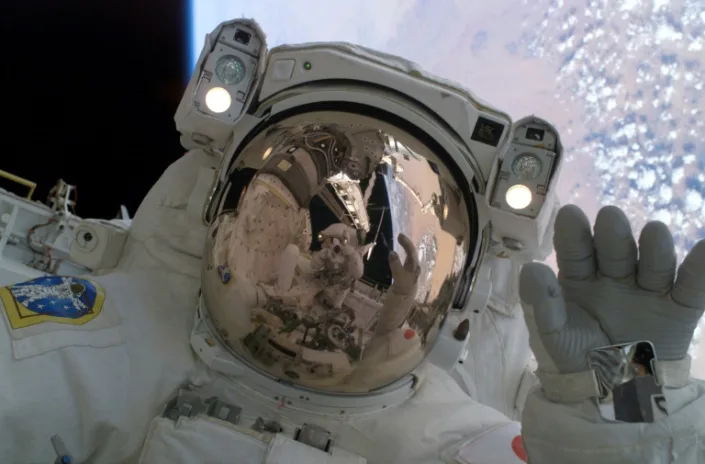Check who will be the first astronaut with physical impairment
According to the European Space Agency, the first astronaut or astronauts with a physical impairment may be revealed as soon as this Wednesday.
Due to stringent selection criteria, people with physical disabilities have historically been barred from one of the most prestigious and difficult positions on Earth.
The “parastronaut project” of the ESA, according to Guillaume Weerts, head of space medicine, required “a fundamental change in attitude” about the idea of medical ability, which was first used by the military in the selection of fighter pilots.
The ESA said possible candidates might include those who have abnormalities in their lower limbs, whether from amputation or congenital problems, after conducting a feasibility study.
They may also apply if they were shorter—up to 1.3 metres (4.3 feet)—or if they had different-length legs.
The candidates still had to meet the same psychological and educational qualifications as any other astronaut. In June 2021, the application period ended.
At its ministerial council on Wednesday in Paris, the European Space Agency (ESA) is anticipated to announce the names of four to six new European astronauts who are not disabled.
Although the parastronaut project is partly independent, according to Weerts, it is possible that “one or more people with impairments” will also be featured in the announcement.
Disability isn’t a barrier
Even minor changes can become very complicated and expensive in the highly precise domain of space flight. For instance, according to Weerts, the current systems are made for people of a specific height.
What does that suggest for a smaller person? How can we be certain that they can simply reach the buttons?
To determine how to best address these potential difficulties, the ESA intends to collaborate with those who are chosen. Weerts was a member of the selection committee but was not permitted to discuss specific candidates.
However, he claimed that “a really outstanding bunch of folks” had applied and successfully navigated the hiring process. We have met some truly wonderful people, he remarked.
He noted that the procedure was a great “demonstration that handicap is not a restriction.” The project has a high degree of commitment from ESA’s partners, he said, adding that “it’s genuinely something that we all believe in.”
So when will the first space travellers with disabilities launch?
Weerts declared, “Space is not a business for individuals who are in a rush. He added that it was difficult to anticipate the timescale since “it really relies on what we encounter” and that after the ESA has chosen its candidates, there would be a lot more work to be done.
He did, however, mention that a disabled astronaut would travel to space “possibly in the next 10 years.”
“Extremely exciting”
Disability Rights UK’s chief executive, Kamran Mallick, called the project “very exciting.” Large portions of everything we do in the world are excluded from disabled people, he told AFP.
We must acknowledge that we can’t only have the cosmos for one particular group of people if we want to explore it honestly. Mallick applauded the ESA’s strategy of collaborating with the astronauts to determine their precise needs. “I use a wheelchair, so rather than assuming what someone can or cannot do, it is far better that people ask me what works for me, what I would need,” he stated.
Check who will be the first astronaut with physical impairment
Mallick recalled having a fantasy of being an astronaut as a teenager while watching a space shuttle launch.
“I immediately learned, of course, it was not going to happen. You shouldn’t want to be an astronaut, “said he.
“I regret not pursuing it now.”
